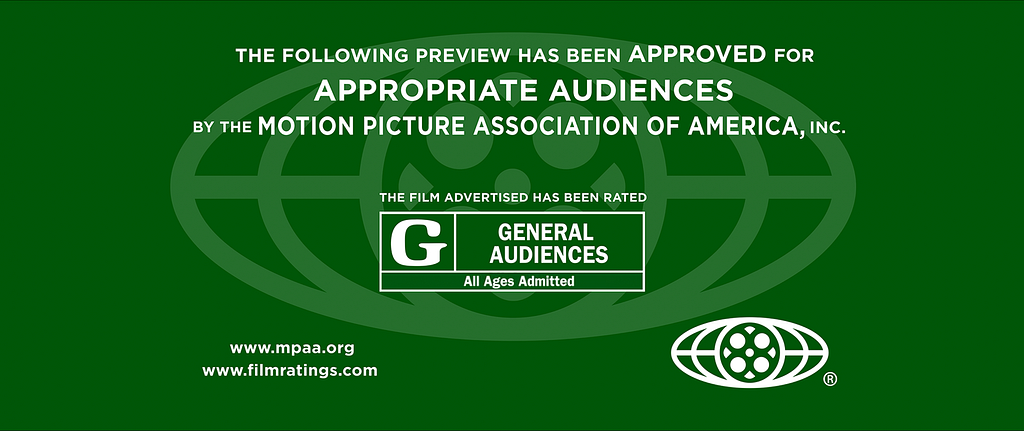
The Motion Picture Association (MPA) on Monday urged OpenAI to “take immediate and decisive action” against its newly released video creation model, Sora 2, which the association claims is being widely used to produce content that infringes upon copyrighted media.
Proliferation of Infringing Content
Since the launch of the Sora app last week, the platform has been swamped with AI-generated video clips featuring recognizable characters from popular shows and brands. Charles Rivkin, CEO of the MPA, issued a statement confirming that “Since Sora 2’s release, videos that infringe our members’ films, shows, and characters have proliferated on OpenAI’s service and across social media.” Examples of the unauthorized content immediately appearing last week included clips of James Bond playing poker with Sam Altman and the cartoon character Mario evading the police in body-cam footage.
The Responsibility and Opt-In Shift
OpenAI CEO Sam Altman attempted to address the controversy in a blog post, clarifying that the company will soon give rightsholders “more granular control” over how their characters are used. The platform is reportedly changing from an initial opt-out system (which placed the burden on studios to request exclusion) to an opt-in model, suggesting Sora would generally not allow the usage of copyrighted characters without permission.
However, the MPA’s Rivkin rejected the notion that the burden lies with the creators, stating that OpenAI “must acknowledge it remains their responsibility—not rightsholders’—to prevent infringement on the Sora 2 service,” and that “well-established copyright law safeguards the rights of creators and applies here.” Altman acknowledged the inherent difficulty in full prevention, noting that “There may be some edge cases of generations that get through that shouldn’t, and getting our stack to work well will take some iteration.” OpenAI did not respond to a request for further comment.
Copyright concerns have rapidly emerged as a defining legal issue during the generative AI boom. In related cases, Disney and Universal sued AI image creator Midjourney in June, alleging the company used and distributed AI-generated characters from their films and ignored requests to stop. Additionally, Disney sent a cease-and-desist letter to AI startup Character.AI in September, warning the company to halt the unauthorized use of its copyrighted characters.
What The Author Thinks
OpenAI’s initial decision to launch Sora 2 with an opt-out policy for copyrighted material was an aggressive, yet predictable, corporate strategy designed to grab market share first and deal with the legal consequences later. Hollywood’s swift and unified pushback, forcing a policy reversal to an opt-in model, proves that the creative industries are no longer willing to allow AI companies to default their intellectual property into unauthorized use. The battle over Sora 2 confirms that the future of generative AI hinges less on technical capability and more on finding a viable legal framework—perhaps through the monetization and revenue-sharing model Altman suggested—that grants the necessary control and compensation to original creators.
Featured image credit: PICRYL
For more stories like it, click the +Follow button at the top of this page to follow us.
